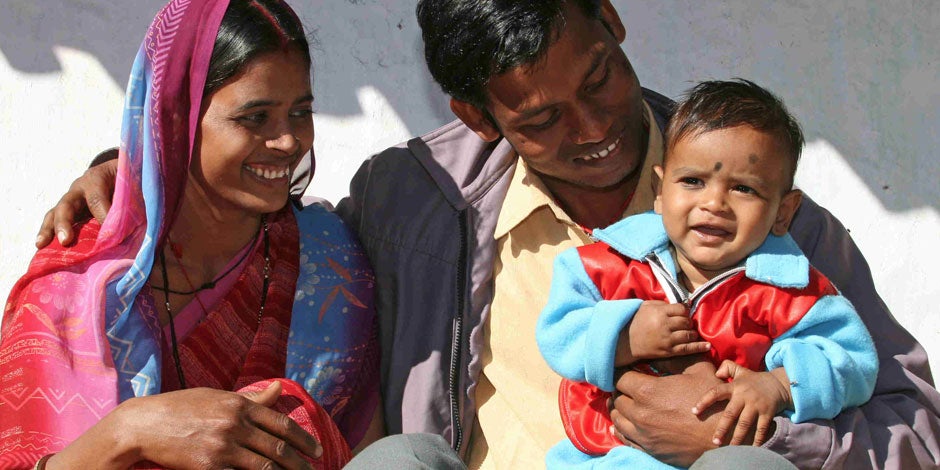Focus Area
Gender Equality

Addressing gender is implicit in our work. We view gender equity —the differences in access and opportunities between women, men, boys, and girls—as a cross cutting issue that must be embedded throughout the design and evaluation of all of reproductive health programs.
Gender inequity significantly impacts sexual and reproductive health outcomes, including unwanted and unintended pregnancies, contraceptive use, HIV vulnerability and gender-based violence.
Sustainable, widespread change of gender norms depends on harnessing the processes through which social norms and attitudes about gender, family planning, reproductive health, and violence are transmitted within a society. While family planning and other reproductive health services have traditionally been viewed as a woman’s responsibility, there has been a growing recognition of the need to involve men through meaningful approaches to achieve reproductive health objectives, as well as attain greater gender equality.
IRH operates within a research-to-practice framework that explicitly recognizes the need to integrate gender in every phase of the research-to-practice process in order to achieve wide-spread, long lasting improvements in reproductive health. IRH’s approach to addressing gender throughout our work builds on institutional strengths in formative and operations research, monitoring and evaluation, and scale-up.
IRH’s work can be grouped into the following four areas:
1. Gender integration into program materials
IRH integrates gender throughout its programmatic activities in a variety of ways including in the development of service delivery protocols, training materials, and information, education, and communication (IEC) products.
2. Girls’ and women’s empowerment
IRH programs strive to promote women’s empowerment primarily in three ways: expanding choice by increasing access to fertility awareness methods (FAM) worldwide; helping women and girls learn about and take charge of their reproductive and sexual health; and involving women in reproductive health interventions.
3. Male involvement in reproductive health programs
The participation of men and boys in reproductive health programs allows them to learn about fertility and understand how their own bodies and women’s bodies function; the roles that men can play in family planning decision-making; and how men can support healthy timing and spacing of children. IRH systematically considers the male partner in family planning counseling and promotes couple-focused services. IRH’s work with very young adolescents explicitly involves boys as well as girls to provide them with information on fertility and promote gender-equitable attitudes and behaviors.
4. Promotion of normative change
IRH’s work directly addresses the social and cultural factors that impact gender norms as a means to improve access and use of family planning services and improve reproductive health and prevent gender-based violence.
 Where We Work
Where We Work  Press Room
Press Room  FACT Project
FACT Project  Passages Project
Passages Project  Learning Collaborative
Learning Collaborative  Search All Resources
Search All Resources  Social Norms
Social Norms  Fertility Awareness Methods
Fertility Awareness Methods